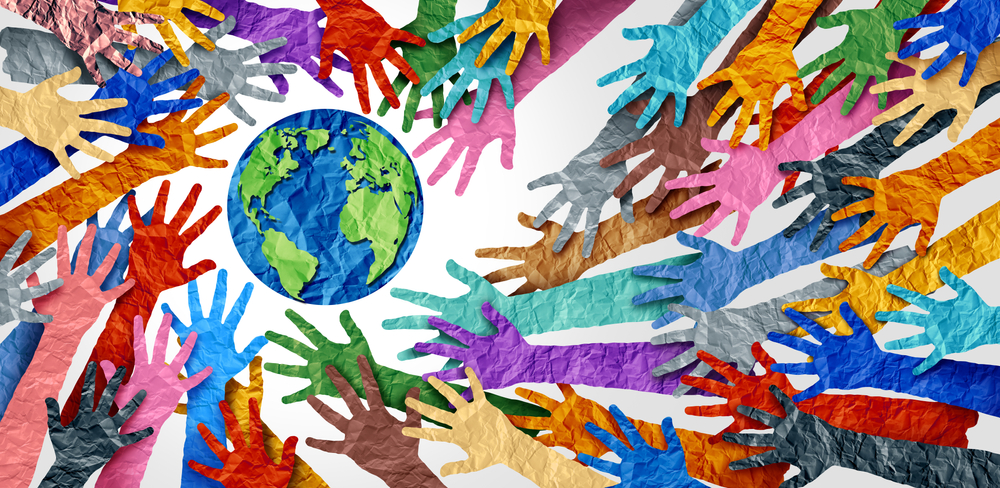The world is becoming increasingly interconnected, making it more important than ever to make a conscious effort to understand and appreciate cultures that are different from our own. All the cultures in the world form a rich tapestry in which a plethora of experiences, traditions, and perspectives are waiting to be discovered. It’s important to learn about other cultures, as this broadens horizons and also fosters empathy, tolerance, and respect. From Eid ul-Fitr to Diwali, there’s a wealth of cultural celebrations out there to discover, and you can learn the importance of doing so below.
The Power of Cultural Diversity

Perhaps the greatest strength of humanity is its diversity. The world is a unique mosaic in which every culture forms a small piece of a greater, beautiful picture. Not only does exploring global cultures highlight what makes each distinctive, but it also opens our eyes to the similarities that bind us together. Creativity, innovation, and collaboration are all fostered by diversity, and they also work to drive progress and enrich our collective human experience.
Breaking Down Stereotypes
Stereotypes can be so damaging, and unless we consciously learn about other cultures, we won’t be able to put these stereotypes to bed. Misconceptions are typically formed from limited exposure to a culture or biased representations in the media. As a result, it’s essential to go in with an open mind and immerse yourself in the customs, traditions, and values of other cultures. From this, you’ll be able to gain a more nuanced understanding of cultures that challenge stereotypes and promote cultural sensitivity.
Cultural Immersion
Although books and documentaries are incredibly valuable when it comes to educating yourself about a culture outside of your own, they can’t do everything. In fact, nothing will teach you about another culture like immersing yourself in first-hand experiences. This immersion allows you to step out of your comfort zone and engage directly with people from different backgrounds. Travel, language exchange programs, and community events are just some of the modes of immersing yourself in an unfamiliar culture, opening your mind and heart to a new way of thinking and living.
Embracing Cultural Differences
It’s human nature to fear something that you’re not familiar with and that you don’t understand. Therefore, it’s vital that we learn about global cultures so that we can embrace these differences rather than fear them. Whether it’s culinary traditions or religious practices, these aspects need to be tackled with an open mind. It’s all about being curious and welcoming opportunities for discovery and appreciation. From this, it becomes much easier to foster a spirit of inclusivity and mutual respect.
Cultural Exchange and Dialogue
Meaningful dialogue is the cornerstone of cultural exchange. Exchanging in conversations with individuals from diverse backgrounds allows us to gain insights into the unique perspectives, beliefs, and experiences of others. From this, empathy and understanding can be fostered, creating a sense of global citizenship.
Preserving Cultural Heritage
The world is constantly changing, and this sadly means that many cultural traditions are at risk of being lost or diluted. By learning about global cultures, we do our bit to help preserve and promote cultural heritage. Safeguarding cultural practices means that we’re able to ensure that future generations are able to benefit from the richness and diversity of cultural traditions.
Fostering Intercultural Competence
We live in a massively globalized society in which intercultural competence is a valuable skill. Learning about global cultures allows us to navigate social contexts, communicate effectively, and collaborate with individuals from all backgrounds. Today, diversity is the norm, and it’s imperative to navigate an interconnected world.











